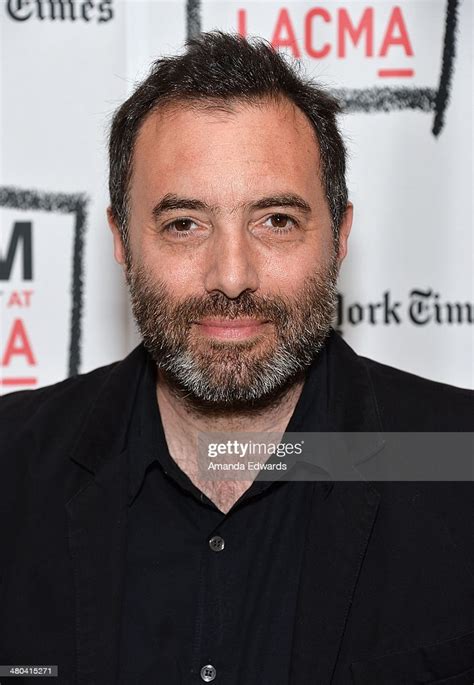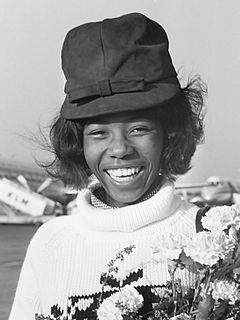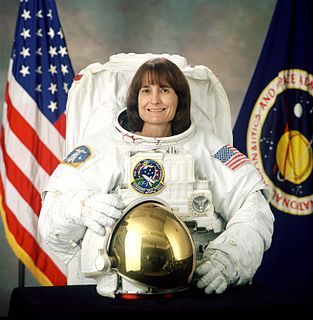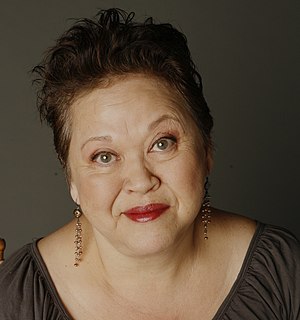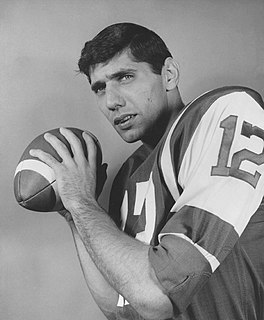A Quote by David Whyte
The tragedy with velocity as the answer to complexity is that, after awhile, you cannot see or comprehend anything that is not traveling at the same speed you are. And you actually start to feel disturbed by people who have a sense of restfulness to their existence.
Related Quotes
When you see what goes on in Iraq on a daily basis - more people dying in car bombings - you almost brush it aside after a while. To actually comprehend the human tragedy of these events is overwhelming. We see so many images, but there's always the sense, for Americans, that it's not in our backyard. That's another reason why the war in Bosnia was so fascinating; because it really was in Europe's backyard. It was in Europe. And they didn't do anything about it for years. It took the Americans to end that war, really. That's a shame.
Sören Kierkegaard has another answer: human existence is possible as existence not in despair, as existence not in tragedy; it is possible as existence in faith... Faith is the belief that in God the impossible is possible, that in Him time and eternity are one, that both life and death are meaningful.
The idea that a good God would send people to a burning hell is utterly damnable to me. I don't want to have anything to do with such a God. But while I cannot conceive of such a God, I do recognize the existence of a great universal power - a power which we cannot even begin to comprehend and might as well not attempt to. It may be a conscious mind, or it may not. I don't know. As a scientist I should like to know, but as a man, I am not so vitally concerned.
Boredom is the consciousness of repetition. Because animals cannot remember the past, they cannot feel bored. They cannot remember the past, so they cannot feel bored. They cannot remember the past, so they cannot feel the repetition. The buffalo goes on eating the same grass every day with the same delight. You cannot. How can you eat the same grass with the same delight? You get fed up.
The most profound question is, "What would I risk dying for?" The natural answer is "for my family." But for most of history, we didn't live in families. We lived in small communities that gave us our sense of safety and place in the world, so the natural answer would be "for my people." The blessing and the tragedy of modern life is that we don't need our community to survive anymore. When we lose that idea, we lose a sense of who we are.

